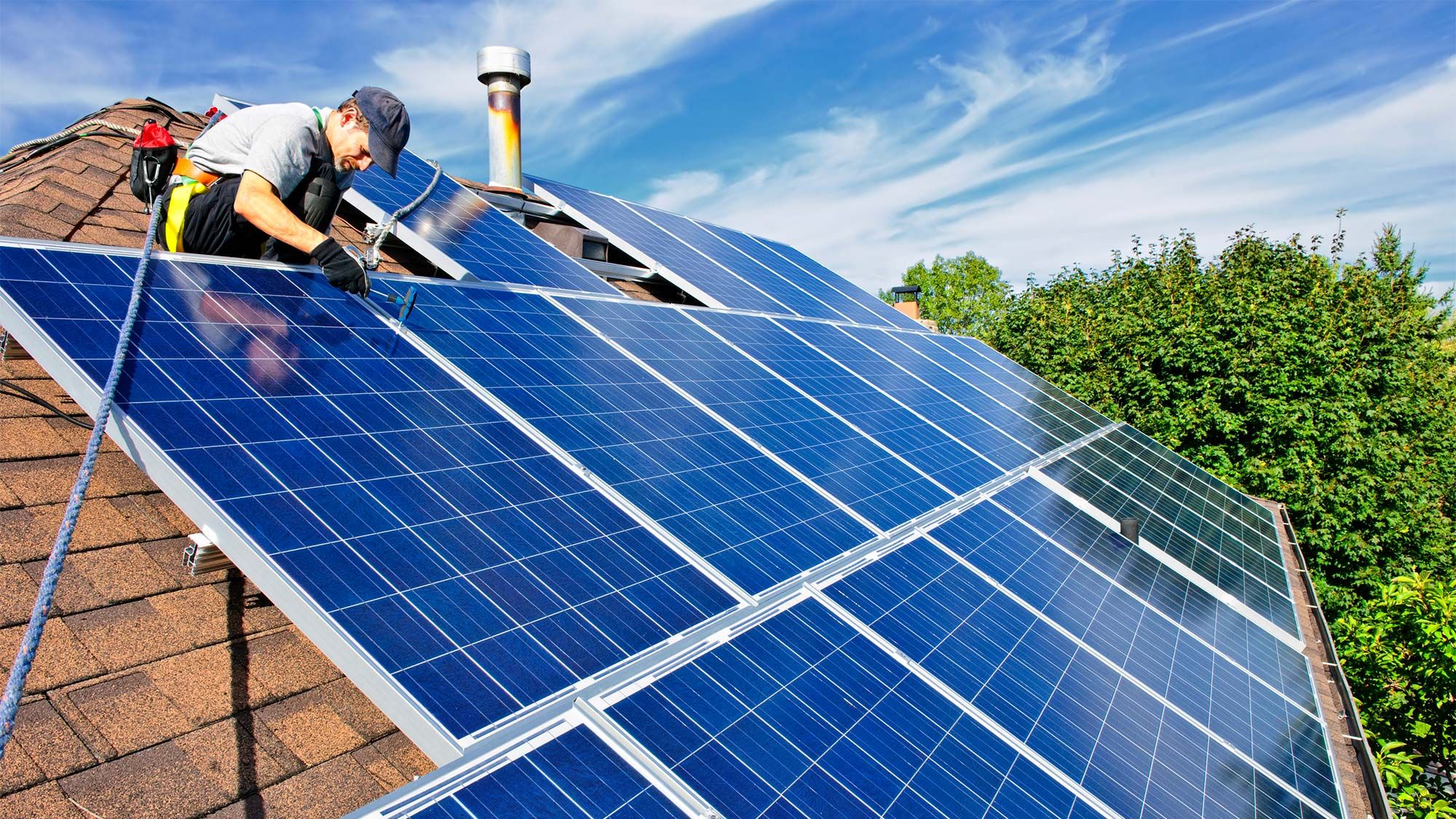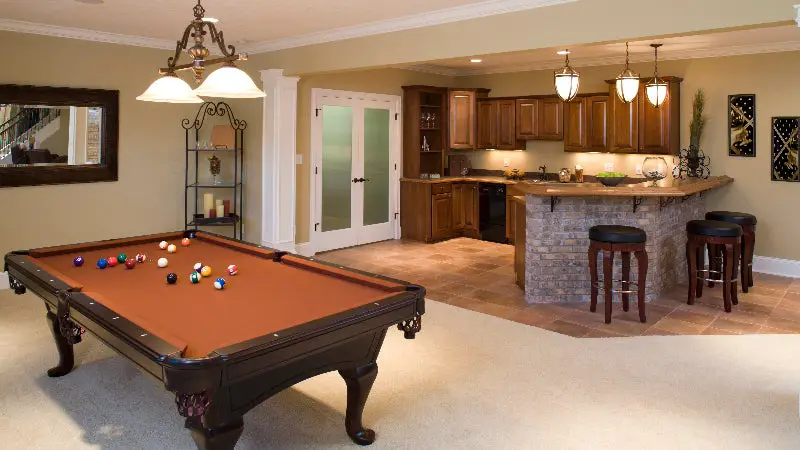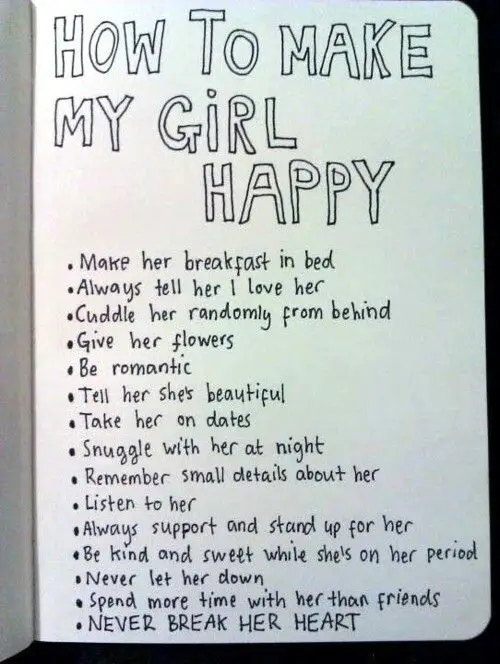
We all want to do our part to help the environment. Solar energy is a clean, renewable resource that is environmentally friendly because it doesn’t produce carbon dioxide when turned into electricity, as opposed to other electrical sources like coal. However, because electricity generated from coal is relatively cheap to produce, most of the world continues to use it for electric power instead of solar energy. That hasn’t stopped many scientists and engineers from investing into solar research and due to their hard work, the field of solar energy is constantly evolving and changing. Solar panels are far cheaper to buy and install than they once were. This brief guide to solar energy panels will help you decide if solar energy is right for your home.
How does solar energy work?
The sun produces a staggering amount of energy. Every second 400 trillion trillion kilowatts of solar energy hits the Earth. Scientists say that just one second of this energy is enough to power all of modern civilization for 500,000 years, if only humans were able to use it. Plants, of course, use solar energy all the time by collecting sunlight and turning it into energy. Solar panels work on this same principle.
Solar panels are designed to collect sunlight. They are installed where they can soak in the most amount of sun, usually on the roof of a home. There are two types of solar panels. The first, and older, type of solar panel uses silicon crystals. These crystals soak up the sunlight and turn it into energy. However, this technology is prohibitively expensive, because the silicon crystals must be grown in a lab until they are large enough to work.
The second type of solar panel is cheaper. Instead of using large silicon crystals, it uses smaller crystals made from copper, gallium and indium. These small crystals are rolled into a film that covers the solar panel, and are called “thin-film” solar panels.
How much do solar panels cost?
The cost of a solar panel depends on how many watts it can produce. Small solar panels that can produce 10 watts can be bought for as little as $30 dollars; however, don’t depend on something as small as this to power your house. Large solar panels capable of producing 240 watts or greater will cost more than $400 dollars per panel. Keep in mind this does not account for the initial cost of installing the solar panel. While some solar panels are sold as Do-It-Yourself projects, professionals warn that this should only be done on a slate roof. A tile roof is more delicate and needs a professional to install the panel, which will increase installation costs.
Of course, the homeowner needs to also consider that while installation costs will be expensive, in the long run using the solar panels will save money, as the homeowner is no longer paying for electricity. Cost efficient solar panels must be durable enough to withstand the elements and provide energy for years to come.
How long do solar panels last?
This is the most important question. No homeowner wants to spend a thousand dollars or more to install solar panels that will only work a few years before burning out. Thankfully, due to increased research, many of the solar panels marketed today are very cost effective. Most have a warranty that guarantees at least 90 percent output for the first 10 years, and 80 percent output for up to 25 years.
Experts recommend that before a homeowner decides to invest in solar energy, they should total up their electric bill for the past year. Multiply that amount by 10 and then subtract the cost it would take to install the solar panels. The amount of money leftover is what the homeowner would save by using solar energy.
Where is the best place to use solar panels?
Clearly, the best for solar panels are areas that get a large amount of sunlight. This includes deserts, which take up most of the Southwest United States. Other areas with high solar potential include Southern states like Texas and Florida. Some northern states are poor candidates, while others receive enough sunlight to benefit from solar energy.
Do you find yourself having to run the air conditioner from March until October? If so, you can probably benefit from placing solar panels on your roof and never having to worry about high summer energy bills again. However, if your house doesn’t even have an air conditioner because the summers are so short, then it’s likely investing in current solar technology would be a waste of time and money.



